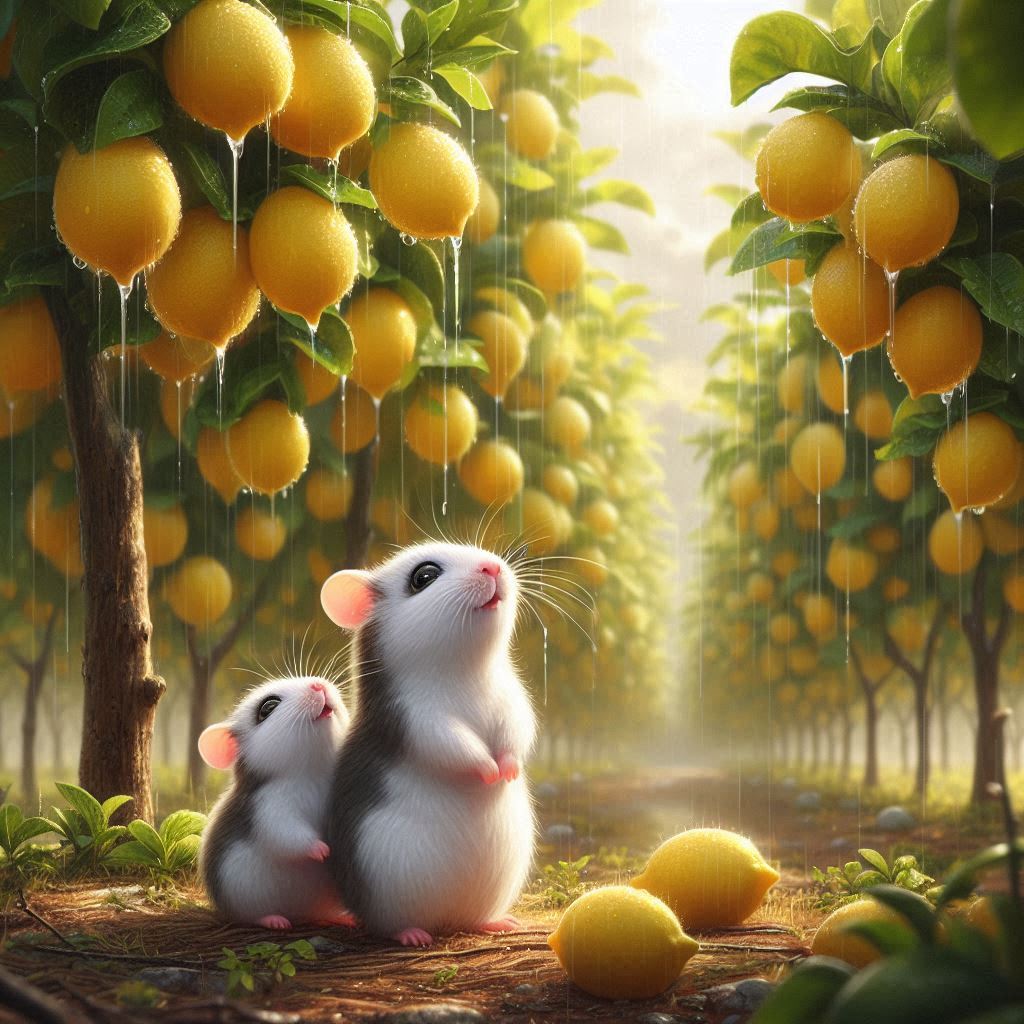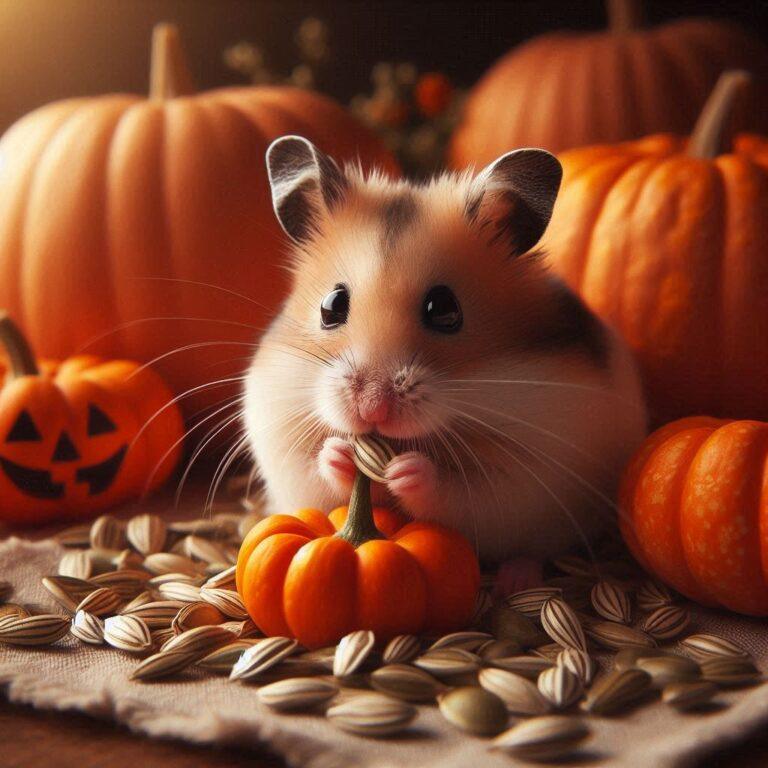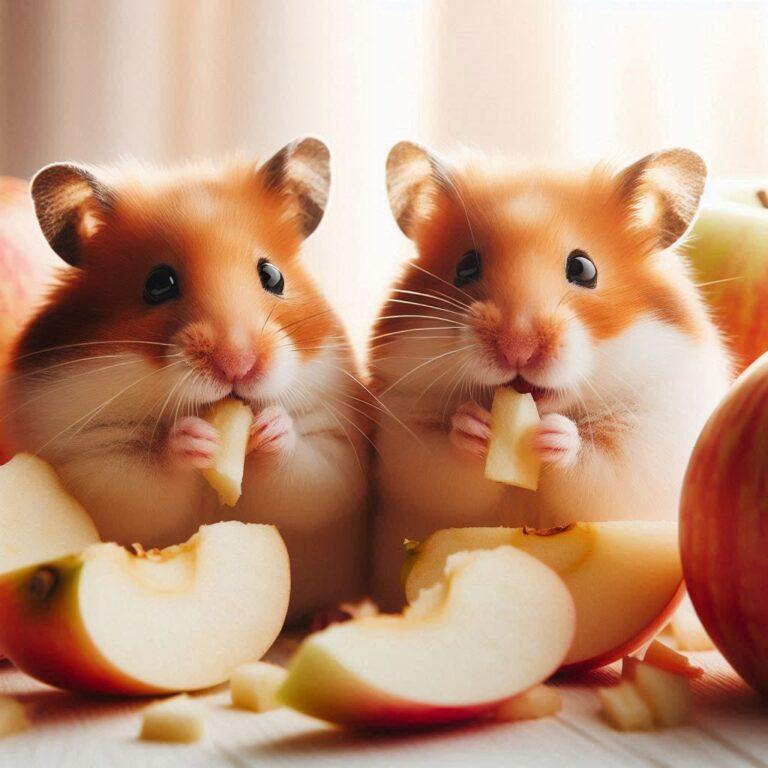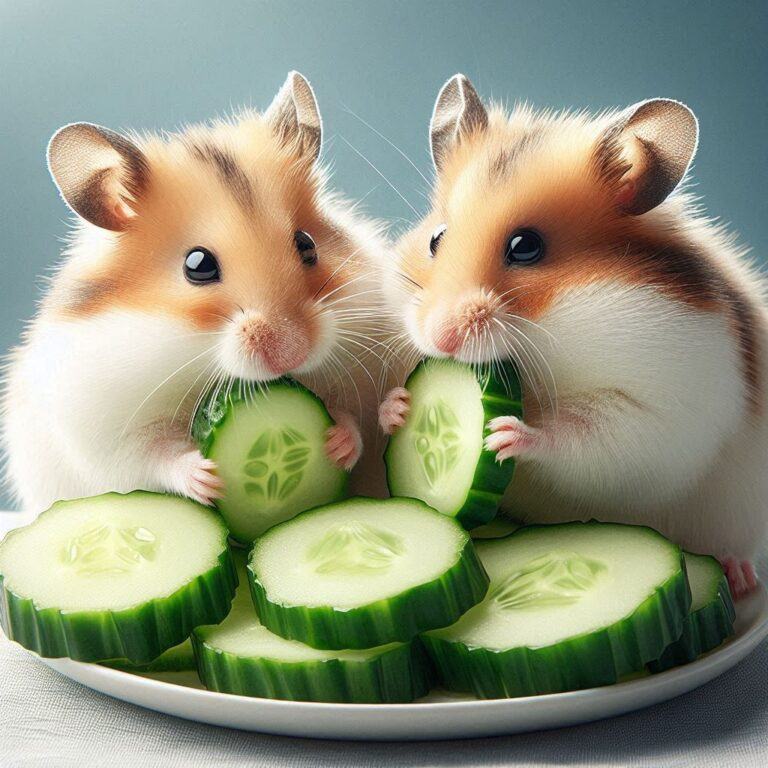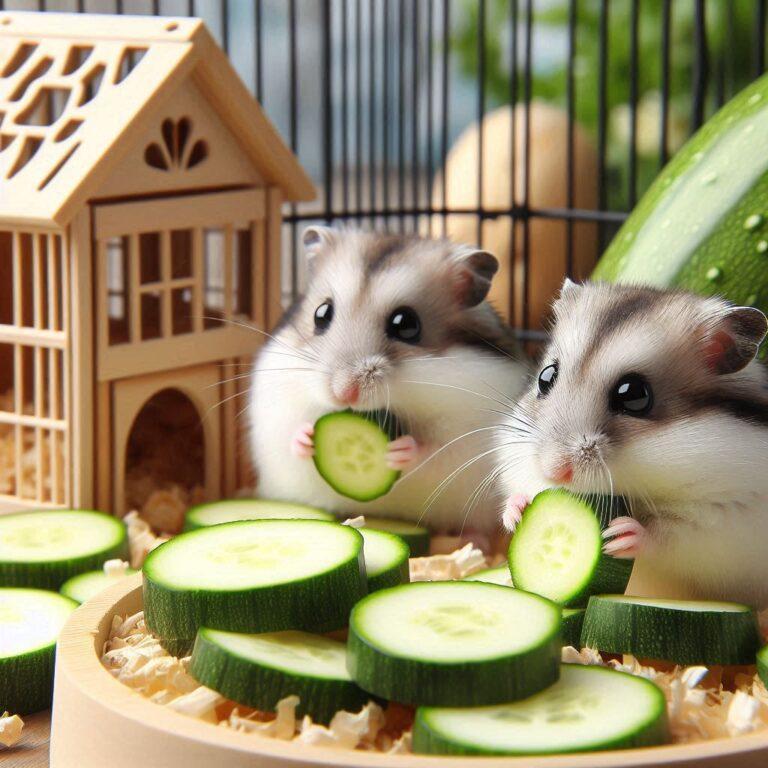Can Hamsters Safely Eat Lemons
The short answer is NO. Hamsters should not eat lemons. The high acidity in lemons can lead to significant health issues for your hamster, such as digestive disturbances and dental problems. Moreover, the sour taste is far from a hamster’s preference, which leans towards more neutral or slightly sweet flavors.
Variety is key in a hamster’s diet, but it doesn’t include everything.
While fruits and vegetables can be beneficial, lemons and other citrus fruits such as limes, grapefruits, and oranges generally are not.
They can cause more harm than good by disrupting the delicate balance of our hamster’s digestive system.
A nutritious diet for these little creatures should avoid any food that poses a risk to their health, and lemons fall squarely in that category.
Experts, including veterinarians who specialize in small animals, discourage offering lemons to hamsters.
Instead, their diet should be comprised mainly of high-quality hamster pellets, fresh water, and occasional treats that are suitable for them.
RESPONSIBILITY in pet care means being informed about the best dietary choices for our pet’s well-being, and part of that responsibility is understanding what food items to exclude.
Now that you’re clear on why lemons are a no-go for hamsters, let’s move on to what exactly makes up a healthy and balanced diet for these delightful little creatures.
Our hamsters rely on us to get their nutrition right, so ensuring you’re armed with the right knowledge is essential.
Understanding a Hamster’s Dietary Needs
Hamsters have specific dietary requirements that are crucial for their well-being. Just like humans, these furry little creatures thrive on a balanced diet that provides all the necessary nutrients.
A common misconception is that any fruit or vegetable that’s healthy for humans is equally good for hamsters.
However, this isn’t the case with citrus fruits like lemons.
The biggest risk of feeding lemons to hamsters is their high acidity. The digestive systems of hamsters aren’t designed to handle the citric acid present in these fruits.
This acid can cause significant irritation in their stomachs, leading to potential health issues such as diarrhea or gastrointestinal distress.
In place of citrus fruits, hamsters benefit from a variety of seeds, nuts, whole grains, and certain vegetables.
It’s essential to avoid anything with high sugar content which might disrupt their digestion. Especially for Syrian hamsters and dwarf breeds, a balance of proteins, fats, and fibrous foods is essential to maintain optimum health.
When selecting fruits and vegetables, consider the natural eating habits of hamsters in the wild.
Choices should replicate what they might stumble upon in their natural habitat. Green leafy vegetables, for instance, are a more suitable option for hamsters, providing essential nutrients without the risks posed by acidic foods.
Regularly monitor your hamster’s reaction when introducing any new food items. Subtle changes in their behavior or stool can signal that a certain food isn’t agreeing with them.
If you’re ever in doubt about a dietary change, consult a veterinarian knowledgeable in small rodent health.
Healthy Alternatives to Lemons for Your Hamster
The idea is simple, hamsters should stick to what’s best for them. Lemons are off the table but don’t worry, there’s a variety of other foods that can safely be enjoyed.
When it comes to treats, think fresh, think bland, and most importantly, think variety.
Introduce a mix of hamster-safe fruits and veggies, like strawberries, green beans, apples (minus the seeds), cucumbers, or leafy greens such as kale or spinach ensuring small portions and infrequent offerings to prevent nutritional imbalances.
Patience is key when adding new foods to your pet’s diet. Start small, observe how your hamster reacts, and only continue if there are no adverse effects.
Over time, you’ll understand which foods your furry friend prefers and how their body responds to them.
Remember, your top priority is a balanced diet. A hamster’s main course should always be high-quality, store-bought hamster pellets.
It’s tailor-made to meet their nutritional needs and should form the vast majority of their diet. Treats should be just that—treats, not staples.
Finally, always keep an eye on your hamster’s weight. These little creatures can easily become overweight, which brings a host of health problems, like diabetes.
By offering a variety of healthy treats in moderation, you equip your pet with the nutrients they need without the added risk of excessive weight gain.
It’s the surest way for your hamster to lead a long and healthy life.

